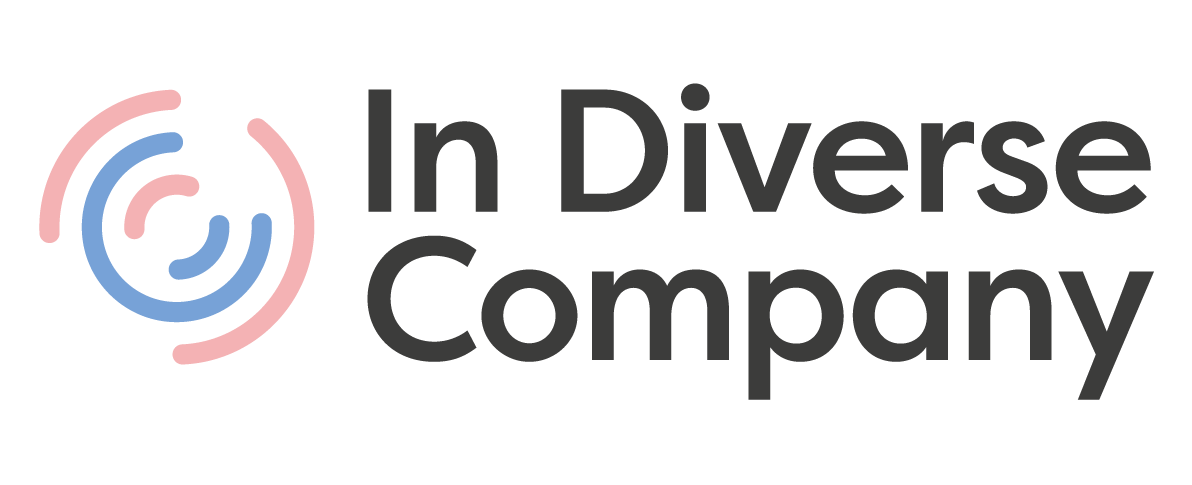By Clare Wimalasundera, Director of PR and Marketing
At In Diverse Company, we believe that shifting organisational culture is the only effective way to create an inclusive environment in the workplace. Although an organisation’s policies and processes, stated values and leadership all contribute to its overall culture, our research shows that it’s the power and movement of teams that have the most influence in driving behavioural change. This article outlines our research on microcultures and our approach to team learning in the organisational context.
Our company’s mission is to create inclusive cultures in the workplace – an objective that we believe is only possible through behavioural change. Traditional development programs aimed at creating a more inclusive environment – such as diversity training – have largely failed to achieve their goals. The reason for this is that the training often happens outside of the workplace – the very environment where employees should apply their learning. Our approach to learning is one that focuses on the importance of practice and collaboration, and only working when it becomes part of the everyday.
According to a Salesforce survey, 97 percent of employees and executives believe that a lack of alignment within a team directly impacts the outcome of a task or project. The same principle can be applied to learning and development. Since most employees work as a team, they should develop as a team in order to effectively reach their learning objectives.
In the process of perfecting our methods for employee learning, we have conducted extensive research to understand how culture develops in the organisation overall – macroculture – and within its teams – microcultures. Each microculture includes a common set of shared norms, values, symbols, practices, and discourse among its participants. When it comes to individual behaviour in the workplace, each team member is influenced by three areas; by the norms of the overall culture of the business, by their own background and personal experience and also each team member is driven by the norms of their unique microculture – the language, habits and practices of their team.
In order to develop a strategy to promote and maintain an inclusive culture, organisations must take into account the individual and team drivers of inclusion and understand how these play out in influencing the organisational environment. In Diverse Company’s research-backed, data-led approach to employee learning focuses on all of these drivers of behaviour to support clients in increasing inclusion in their workplace.
Photo by Canva






